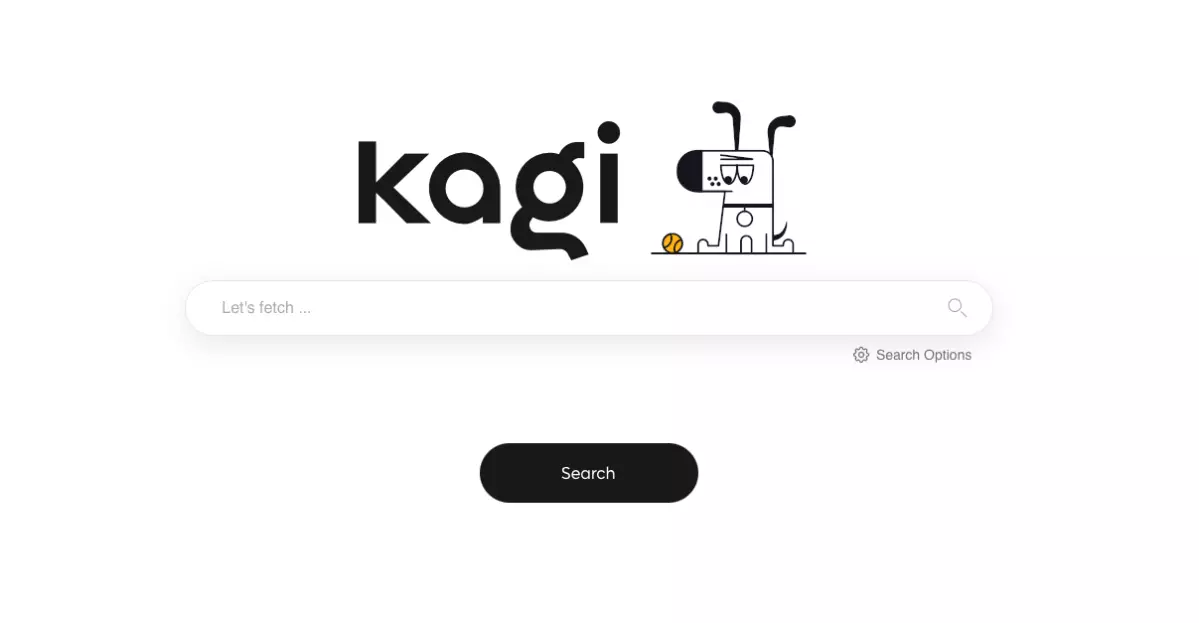In a bold move to distinguish itself from established search engines, Kagi has announced a new initiative aimed at enhancing customer satisfaction with its “Fair Pricing” model. For users who subscribe but may intermittently forget to utilize the service, Kagi now offers a unique incentive: a credit for unused searches during any given billing cycle. This progressive gesture points to a growing trend among service providers to value customer experience over aggressive monetization strategies. By implementing this policy, Kagi assures subscribers that they will not incur costs for services not utilized, recognizing that usage patterns can fluctuate from month to month.
In stark contrast to many contemporary search platforms that utilize artificial intelligence to optimize results, Kagi opts for a straightforward approach. Its search function presents a clean, organized list of links based on user queries rather than inundating users with AI-generated suggestions and possibly irrelevant data. In doing so, Kagi provides a refreshing user experience for those who prefer a simplified navigation method unaffected by the pitfalls of over-analysis. This strategy not only appeals to the traditionalist user base but also cultivates trust by prioritizing user autonomy over algorithmic interference.
Kagi also sets itself apart from rivals like DuckDuckGo and OpenAI’s SearchGPT by emphasizing privacy. Kagi is adamant about not tracking users’ activities or selling their data, a move that peaks consumer interest amid increasing concerns over digital privacy. By labeling personal information as “an unwelcome liability,” Kagi positions itself as a defender of users’ rights in a landscape where data commodification is rampant. This principled stance resonates well with privacy-conscious consumers, making Kagi a compelling choice in an age where protecting personal data is crucial.
Another innovative feature that enhances Kagi’s user experience is its “lenses” functionality. This feature allows users to target searches more effectively, filtering results to focus on specific segments of the web, such as forums or academic references. Customizable lenses offer a tailored experience that traditional search engines typically lack, fostering a more refined exploration of content that meets users’ specific interests. This innovative filtering tool positions Kagi as a versatile platform, catering to diverse search needs, from casual browsing to academic research.
However, potential users must understand that Kagi is not a free service. After depleting a trial of 100 searches, a fee is required to continue utilizing its features, which could be a limitation for some. It reflects a broader conversation about the balance between service quality, privacy, and cost. Are users willing to pay for a refined, private search experience when free alternatives are abundant? Kagi’s approach challenges the status quo by offering a compelling argument in favor of a valued service while encouraging users to reassess their attitudes towards privacy in a heavily monetized online landscape.
Kagi’s recent developments underline a significant shift in how search engines can structure their services to prioritize user experience, privacy, and the conscious use of technology in everyday life.

